The beauty industry and Facebook, now Meta, are in bed together, cashing in on the self-doubt of teenagers. We are being scammed. This isn’t just about glossy ads and influencer promotions—it’s a calculated, data-driven manipulation of our most vulnerable years. Teenagers, especially girls, are targeted in their lowest moments. Silicon Valley knows it. Meta profits from it.
If a fifteen-year-old girl deletes a selfie and mutters, I don’t want this on my Instagram, that digital whisper isn’t lost. Meta hears it loud and clear. Their system registers the deletion. It flags the emotion—worthless, helpless, insecure. It becomes data. Then it becomes money.
Advertisers from the beauty industry get access to that information. Not directly, of course—Meta doesn’t hand over names. But they sell the moment. That perfect slice of vulnerability. They know when your daughter feels like she isn’t enough. And that’s when the algorithm feeds her ads.
Ads that promise better skin. Fuller lips. Thinner waists. Perfect eyebrows. Flawless filters. They are serving her despair on a silver tray, only to upsell a fake solution. And we’ve called this beauty?
Executives at Facebook knew exactly what they were doing. Some even testified that their own children were not allowed to use the very products being peddled on the platform. That’s not protection. That’s hypocrisy.
Your Self-Worth Is A Money Making Machine
No teenager, boy or girl, deserves to have their self-worth auctioned off to the highest bidder. This isn’t just capitalism—it’s psychological warfare. And it’s legal.
The billion-dollar beauty industry thrives on insecurity. Meta fuels it. A trillion-dollar tech empire working hand in hand with face-lifting creams, plumping serums, and lip fillers. Silicon Valley became the dealer; the mirror became the addiction.
When did natural beauty become a flaw? When did youth become a problem to fix?
Katie Price lips. Kim Kardashian cheekbones. Botox at sixteen. Lip filler gift vouchers as birthday presents. “Made in Korea” slapped on packaging to sell the illusion of authenticity. But where was it actually made? Who tested it? What chemicals were absorbed into the skin of teenagers, desperate to look like someone else?
This isn’t skincare. This is manipulation wrapped in glitter. Me writing about how I am being called a Karen.

Tik Tok Insecurity
Scroll through TikTok. Watch the transformations. The insecurity. The editing. The surgeries. The tears. One minute she’s using a filter, the next she’s booking a procedure. Social media creates the demand. Beauty brands deliver the solution. Meta pockets the ad revenue.
And all of it depends on one thing—self-hate.
Silicon Valley doesn’t push creams or concealers. It pushes narratives. The algorithm tells you you’re not good enough. Then the ad tells you how to fix it. Perfect timing. Perfect profit. Perfect storm.
Ask yourself this—if the product works, why are teenagers still deleting their selfies?
Why are teenage girls looking in the mirror and saying, “I’m ugly”? Why are we normalizing full faces of makeup for school? Why are we seeing twelve-year-olds contouring their jawlines and using anti-aging creams?
Confidence is supposed to come from within, not from retouched ads and face filters. But when the only “likes” you get are on your filtered face, how can you separate your identity from your digital mask?
I’ve seen it firsthand. I’ve watched girls sob because their nose isn’t symmetrical. I’ve heard boys say their abs aren’t defined enough. All because of influencers drenched in filters, drenched in brand deals, drenched in cash.
And Meta, the gatekeeper, knows exactly what it’s doing. Its entire business model relies on engagement. What gets the most engagement? Pain. Comparison. Insecurity. Posts that hurt us emotionally make us stay longer. Staying longer means seeing more ads.
More ads mean more money.
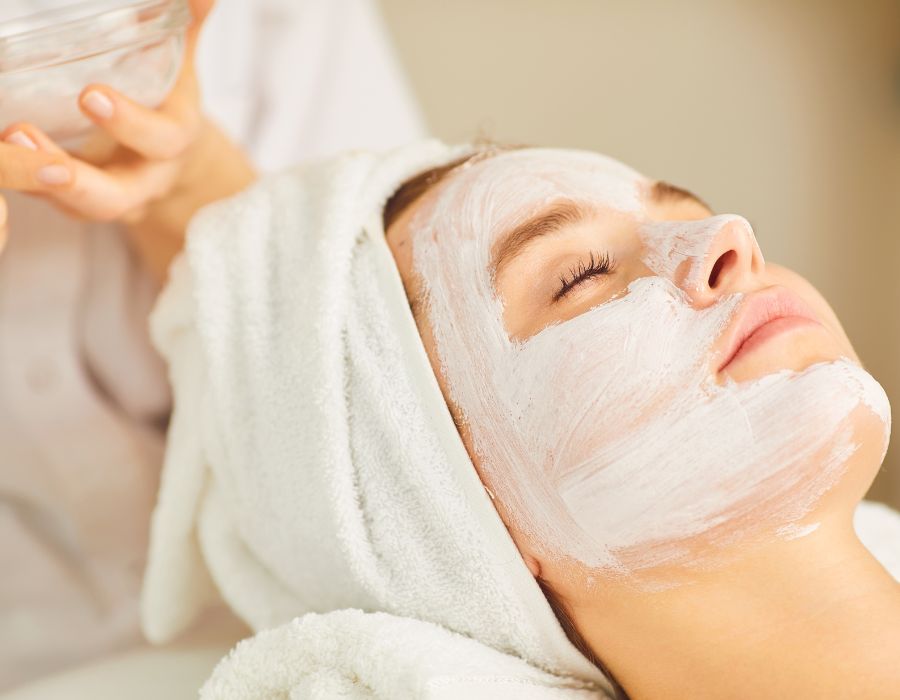
It’s an Amotional Exploitation Machine
And who’s watching over this machine? Nobody. Not parents. Not lawmakers. Not even the industry executives.
Meanwhile, Meta keeps saying they support mental health. They fund initiatives. They post statements. They publish reports. But all of that is lip service.
If Meta cared about mental health, it would not allow advertisers to target vulnerable emotional states. It wouldn’t allow age-inappropriate beauty ads. It wouldn’t allow fake before-and-afters. It wouldn’t create a platform where a teenager’s heartbreak becomes prime ad space.
No ethical business should be built on the back of a teenage girl’s deleted selfie.
And beauty brands? They’re no better. They promise empowerment while selling shame. Their ad campaigns scream self-love, but their products whisper self-doubt.
This industry tells girls: you are powerful, as long as you’re pretty. And pretty means airbrushed, symmetrical, thin, poreless, ageless, hairless, smooth, contoured, and silent.
Is this What Empowerment Looks Like?
Silicon Valley doesn’t care what goes into the creams. They don’t care if your daughter’s lips swell up from unregulated filler. They care about one thing—clicks. If a teenage girl buys the product, clicks the ad, stays engaged, Meta wins. Her confidence doesn’t matter.
This is why the executives don’t let their teens use it. They know what’s behind the curtain. They built the machine. They profit from the pain but protect their own families from it.
They know beauty isn’t in the bottle. It’s in the vulnerability. That’s the product. That’s the real sale.
If you think this is just business, think again. This is systemic psychological abuse. And we’ve normalized it.
We Don’t Need More Concealers. We Need More Conversations
We need transparency. We need regulation. We need adults in the room. We need parents to understand how these platforms operate. We need schools to educate kids about filters, algorithms, body image, and emotional manipulation.
We need to stop calling this beauty. Because beauty is only skin deep—but the damage? That goes all the way to the soul.
So the next time you see a beauty ad pop up, ask yourself: Was this shown to me because I felt insecure? Was this post fed to me because I deleted a photo?
And if you’re a parent, ask: Is Meta tracking my child’s feelings?
Because they are. And they’re selling those feelings to the highest bidder.
The beauty industry won’t stop. Meta won’t stop. But we can.
Call it out. Say no. Refuse the narrative. Raise your voice. Educate your child. Delete the app. Walk away.
Real beauty can’t be filtered. It can’t be bought. And it can’t be sold by a trillion-dollar tech giant feeding off your self-worth.

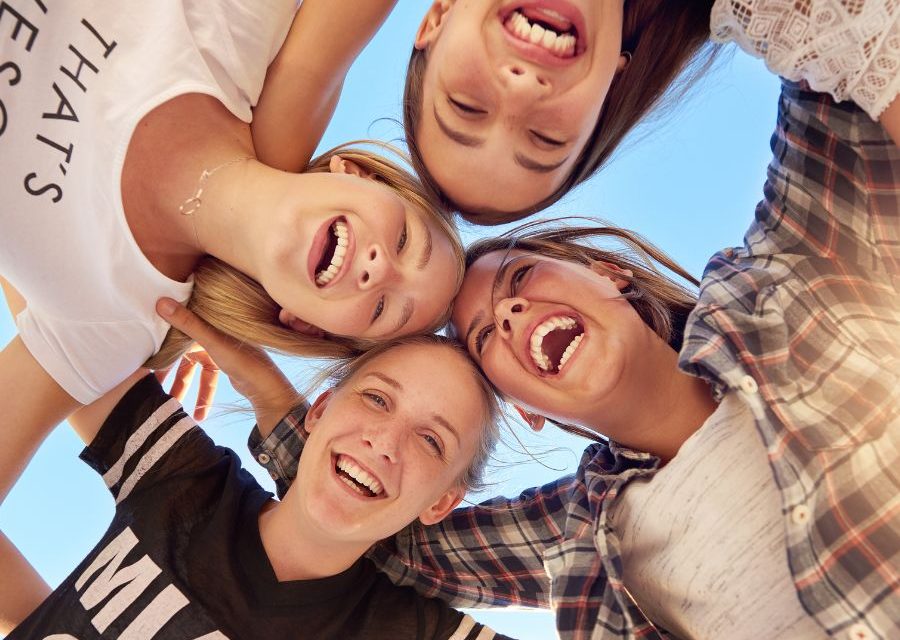



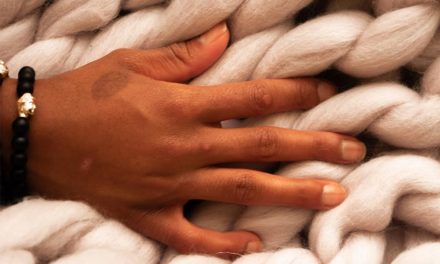
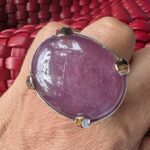

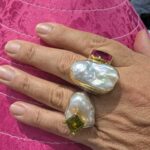
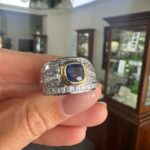
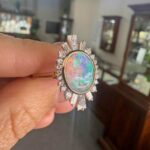
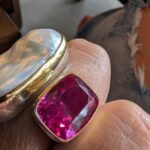




You must be logged in to post a comment.